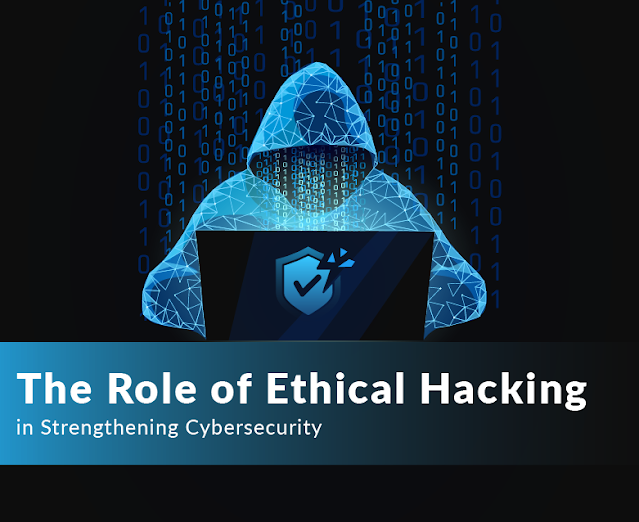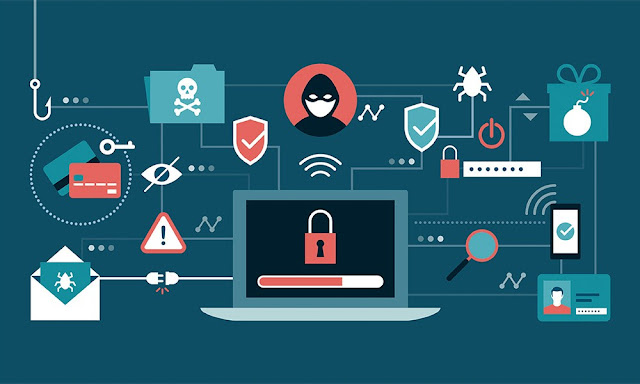Top Insider Threat Incidents You Should Know (And What They Teach Us About Cybersecurity)
.jpg)
Not all threats come from outside. Some of the most damaging cybersecurity breaches in history were the result of insiders—employees, contractors, or partners—who either accidentally or deliberately caused harm. Whether it’s leaking sensitive data, planting malware, or just clicking on the wrong link, insider threats are a growing concern across industries. If you're considering a Ethical Hacking Course for Working Professionals in Thane , this topic is a must-know. Understanding insider threats isn't just about theory—it’s about real-world risk. In this blog, we’ll dive into the biggest insider threat incidents, what went wrong, and what you can learn from them. What Is an Insider Threat? An insider threat refers to a security risk that originates from within the targeted organization. This can include: Malicious insiders – employees or contractors who intend to harm the organization Negligent insiders – staff who make careless mistakes Compromised insiders – i...






